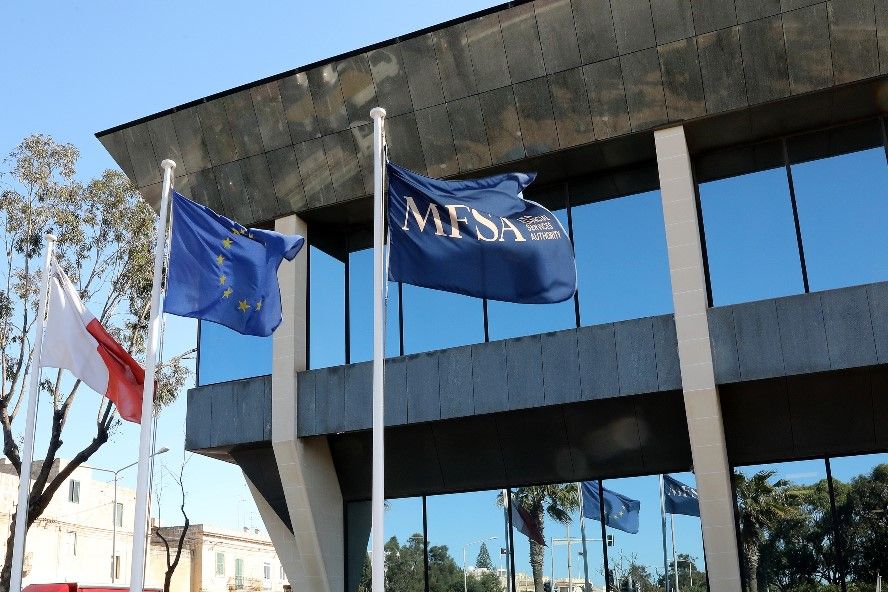Major win for crypto community as Crypto.com receives MFSA Class 3 license

Crypto.com, a popular cryptocurrency and payment platform that allows users to buy and sell digital assets, has scored a major win for the industry. The platform has become the first cryptocurrency company to receive the Class 3 VFA license from Maltese authorities. Consequently, the firm can now provide custodial services and execute crypto orders on behalf of other persons.
The license is a notable win for the cryptocurrency industry, as it hints at the possibility of a broader recognition of digital assets in the European Union. On the flip side of its new status, Crypto.com will now be subjected to tighter security requirements and compliance.
Before the license was granted, the crypto firm was operating under a transitory legal framework in the tiny Mediterranean country.
Speaking on the development, Kris Marszalek, the co-founder and CEO of Crypto.com explained that “building a fully regulated business” is the best way to push the frontiers of cryptocurrency adoption. He said:
Being the first global cryptocurrency platform to receive a Class 3 VFA License from the MFSA is a major milestone for the industry as a whole. We are proud to lead the industry in regulatory compliance, ensuring consumer safety and protection in the EU and look forward to securing licenses in every country we operate in.
There appears to be increasing synergy between traditional companies and their blockchain counterparts. A few days ago, credit card giant Mastercard added six blockchain startups to its accelerator program. Meanwhile, Crypto.com has become a core member of the Visa network and is seeking to expand its fiat lending program.




